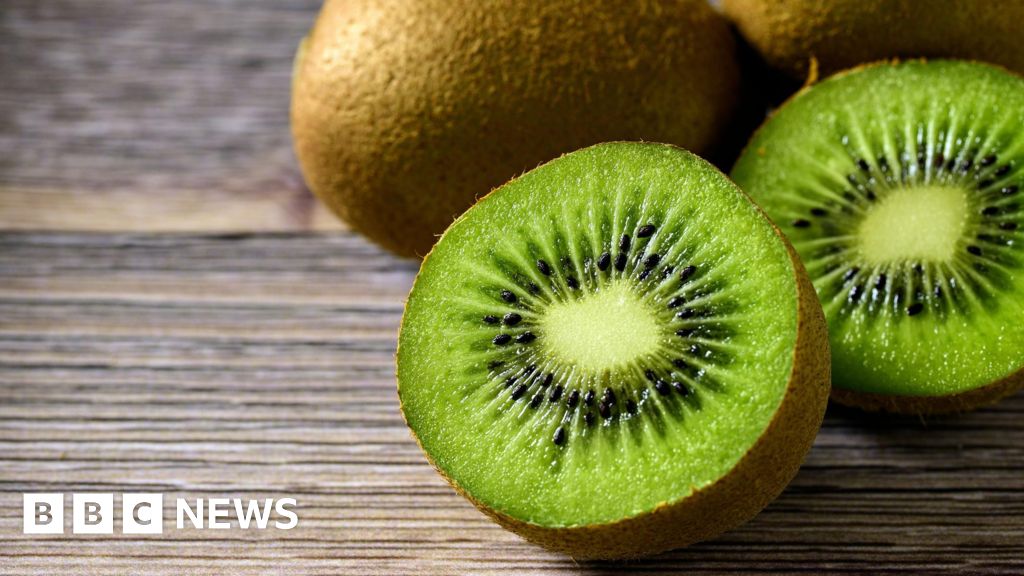Introduction to Constipation Relief
Constipation that doesn’t go away affects one in ten people and can have a significant impact on a person’s quality of life. You are constipated if you have not had a bowel movement at least three times in the last week or have bowel movements less frequently than usual. Straining to use the toilet or feeling like you haven’t completely emptied your bowels can also be signs of constipation – but they’re not the only ones. People can report up to 30 different constipation symptoms.
New Guidelines for Relief
Eating several kiwis a day can relieve constipation and is a better starting point than worrying about a high-fiber diet, according to new guidelines on the condition. Drinking water high in minerals is better for constipation than tap water, and magnesium oxide supplements are good for relieving symptoms. Researchers looked at all the evidence to date about what works and what doesn’t, and said there are many more ways to get things moving than the standard advice of "just have more fiber in your diet".
Fruits and Drinks for Relief
The best remedy is to focus on fruits and drinks first, rather than worrying about the latest probiotic at the supermarket. Consuming two to three kiwis throughout the day or 8-10 prunes can relieve constipation. Kiwi with peel or peel off is also effective, as the fiber affects the intestines in a way that increases stool volume, which can also cause contractions in the intestines. Kiwi also increases water content in the intestines, which can soften stools. Eating 8-10 prunes per day and some rye bread can also have a similar effect.
Water and Mineral Intake
Bottled water is "better than tap water" for drinking, although bottled water in Britain contains fewer minerals than water available elsewhere, such as in Eastern Europe. The key mineral is magnesium, which has a laxative effect. For this reason, taking magnesium oxide supplements was found to have many benefits, including reducing lower abdominal pain, bloating, straining – and making bowel movements easier.
Probiotics and Research
When it comes to probiotics, the guidelines suggest that some types may relieve some symptoms, but there is also a lack of research on the effects of many different strains. Until now, guidelines for doctors treating patients with constipation have been limited and outdated, focusing on advice about increasing fiber and water intake. The new recommendations are based on findings from 75 clinical studies – all available – analyzed by a panel of experts.
Conclusion and Recommendations
The new guidelines “represent a promising step in enabling health professionals and their patients to manage constipation through diet”. This means people suffering from constipation could now access up-to-date advice to improve their symptoms, wellbeing and quality of life. The research and new guidelines support "a more nutritionally focused and evidence-based approach to the treatment of chronic constipation".

